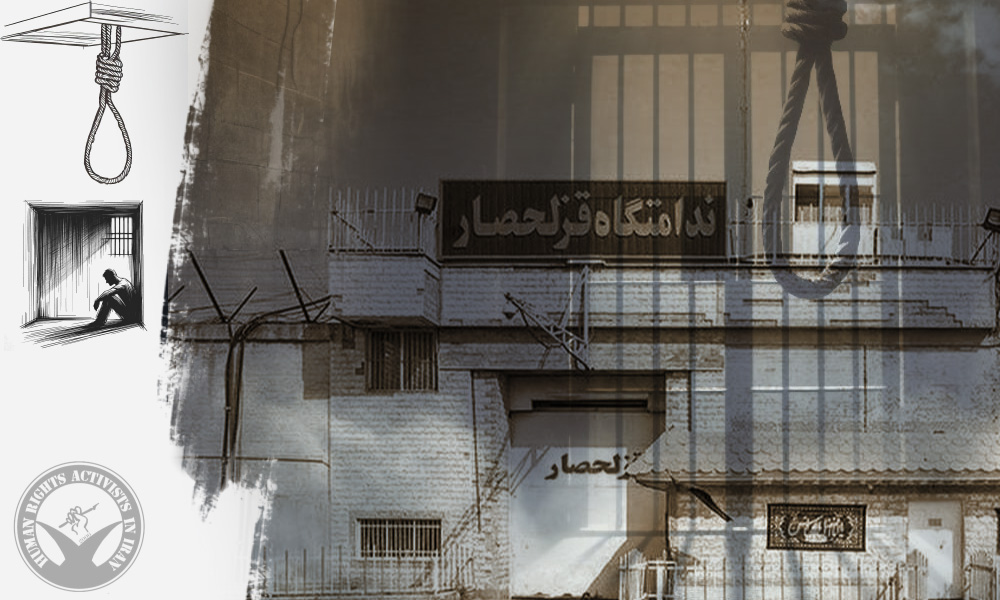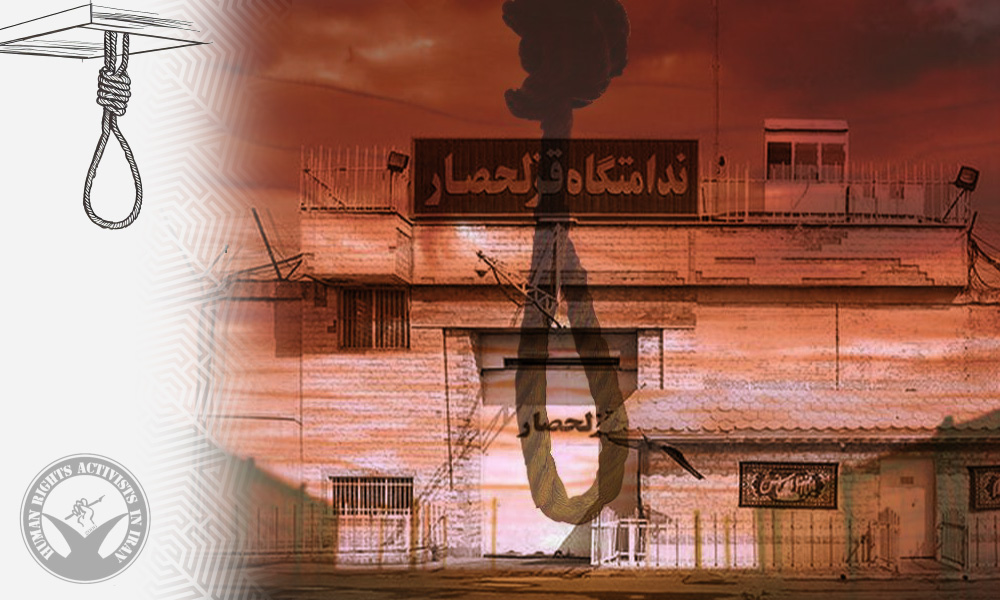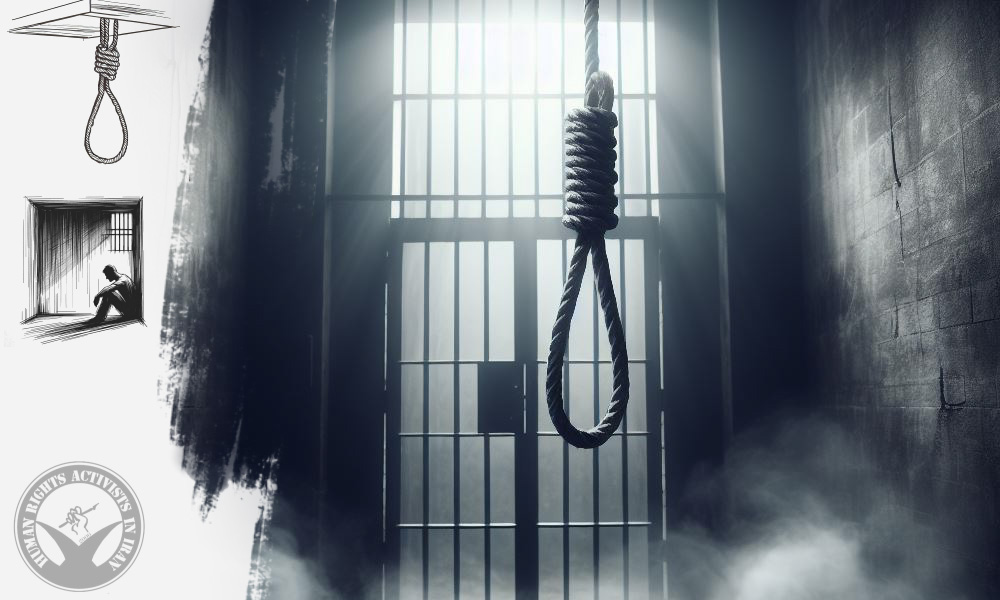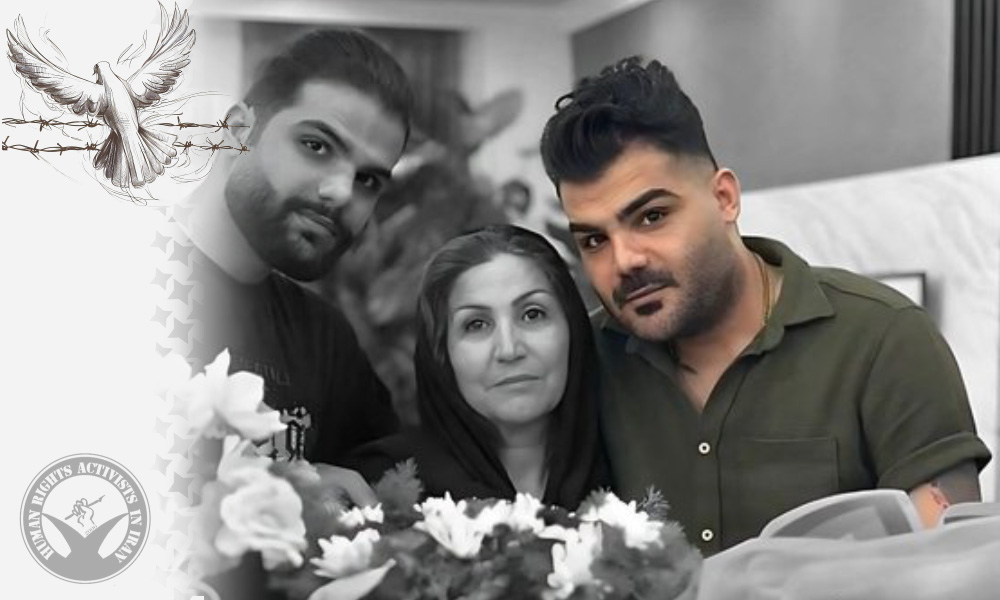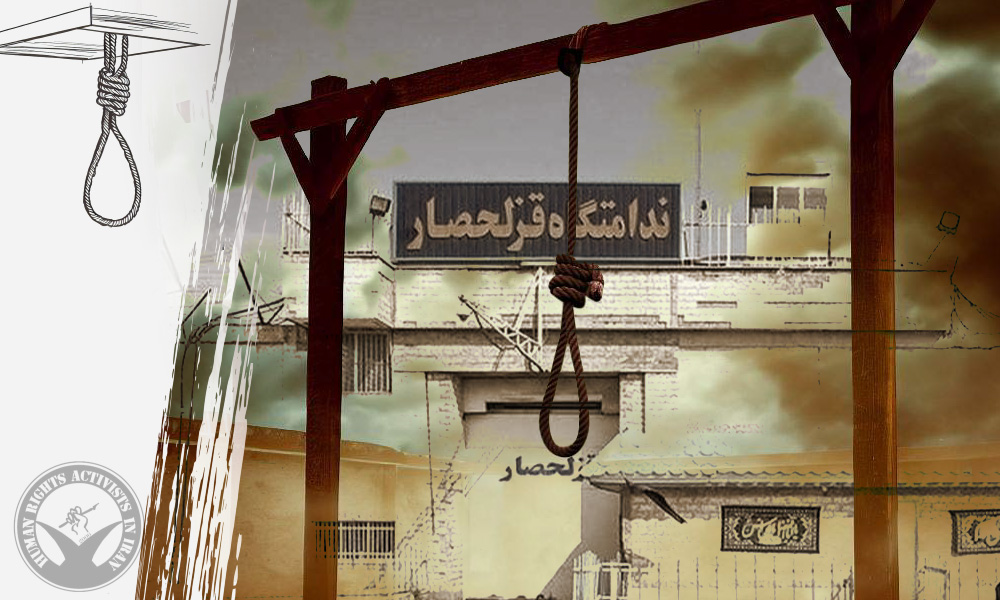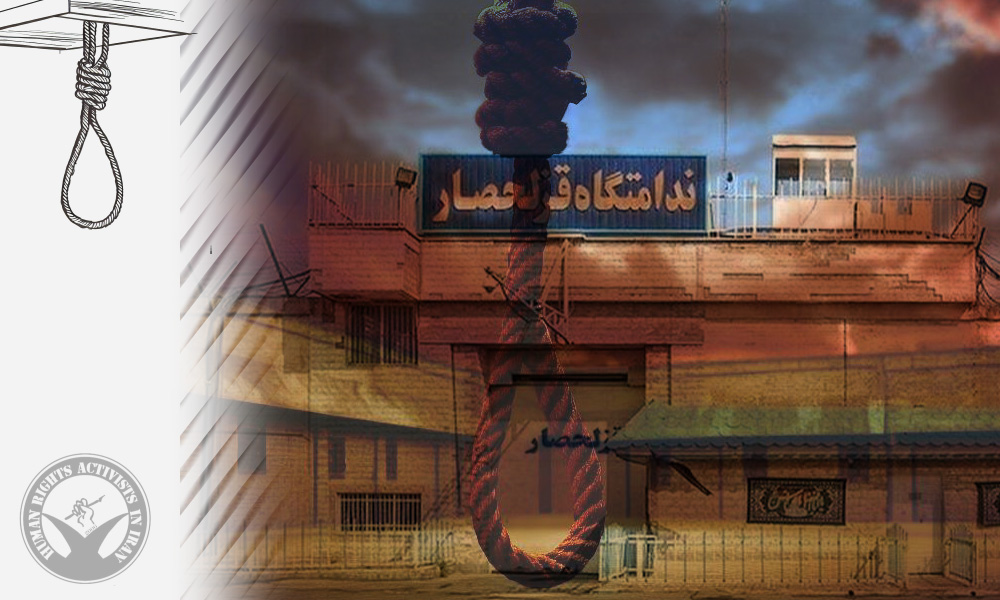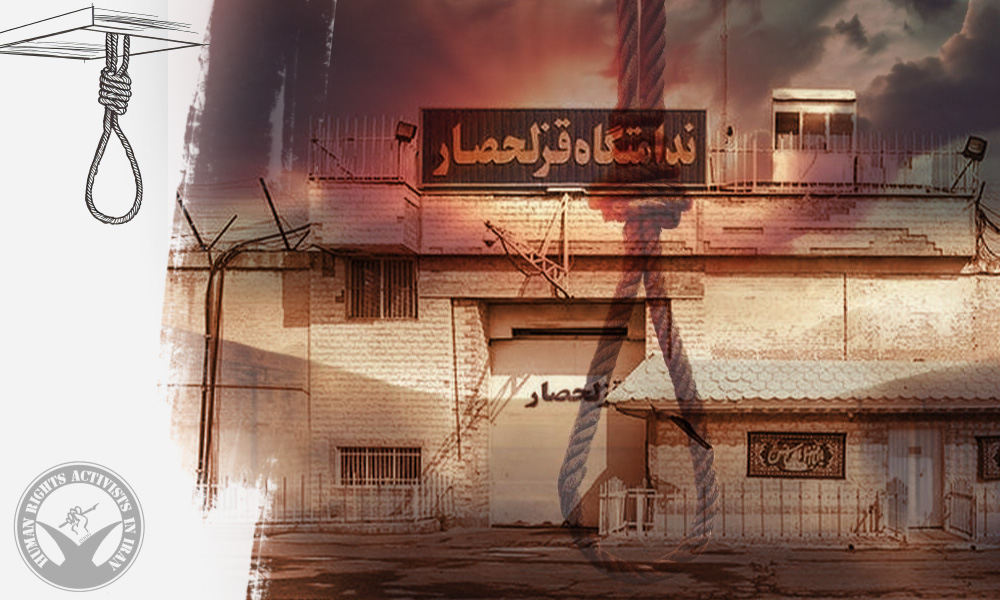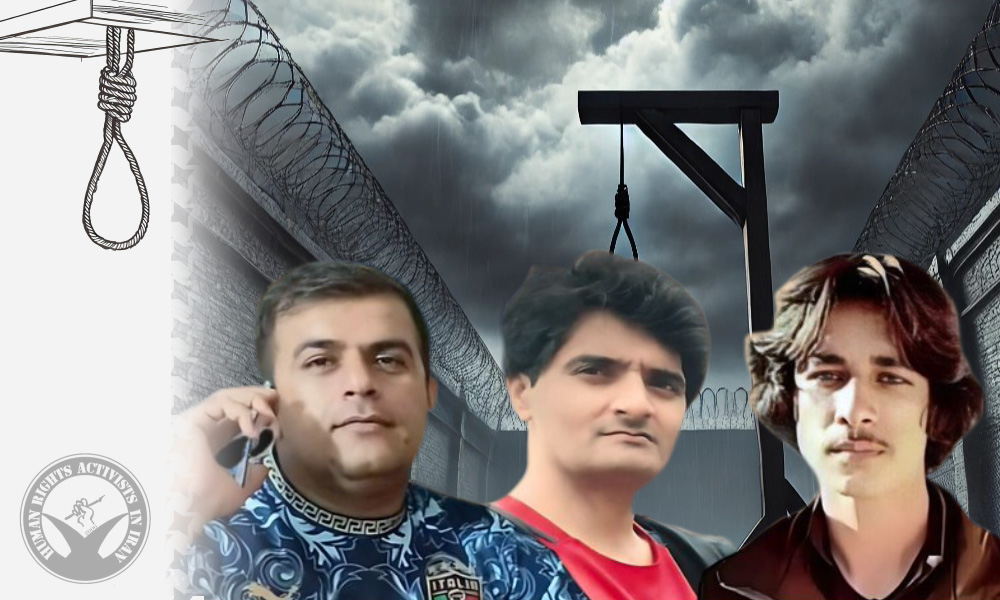At dawn October 9, at least seven prisoners were executed in Ghezel Hesar Prison in Karaj.
Among those executed were Ahmad Narooie, Mohammad Narooie, and Kamran Saghaie, who had been sentenced to death by the Revolutionary Court for drug-related charges. Additionally, the Criminal Court sentenced two Afghan nationals to death for rape. The remaining two prisoners, who had been convicted of murder, included Arman Hedayati, whose identity was verified by HRANA.
Ahmad Narooie and Mohammad Narooie were from Sistan and Baluchestan, and Kamran Saghaie was from Khorramabad. The Narooie brothers were previously arrested in Tehran for possessing 25 kilograms of crystal meth and were sentenced to death by the Revolutionary Court. Saghaie was arrested in Shahriar for trafficking 700 kilograms of morphine and later received a death sentence.
Details about other executed individuals, as reported by Etemad newspaper, are as follows:
According to Etemad, one of the two prisoners convicted of murder had killed his father in 2007 during a family dispute. Initially, he attempted to murder his 10-year-old niece to take revenge on his brother but ultimately killed his father. After his trial and sentencing, he was granted a temporary reprieve by the victim’s family but was executed once this period expired, as he failed to obtain their pardon.
The second individual was a man who, in 2021, killed his neighbor over a personal dispute and then burned the body. Despite attempts to obtain the victim’s family’s consent, he was executed after the failed negotiations.
Etemad also reported, without revealing the identities of the Afghan prisoners, that they were sentenced to death for a gang rape that took place in 2019 in western Tehran. The incident occurred when the victim, a woman, visited a villa and was assaulted by seven Afghan men. Six members of this group received death sentences, with two being executed last week and two others yesterday. The remaining two defendants are currently awaiting execution in prison.
According to data gathered by the Department of Statistics and Publication of Human Rights Activists, Ghezel Hesar Prison in Karaj witnessed the highest number of executions in 2023, with Zahedan Prison following closely behind. For a comprehensive examination of the details and statistics surrounding the executions in Iran, refer to HRANA’s report.



